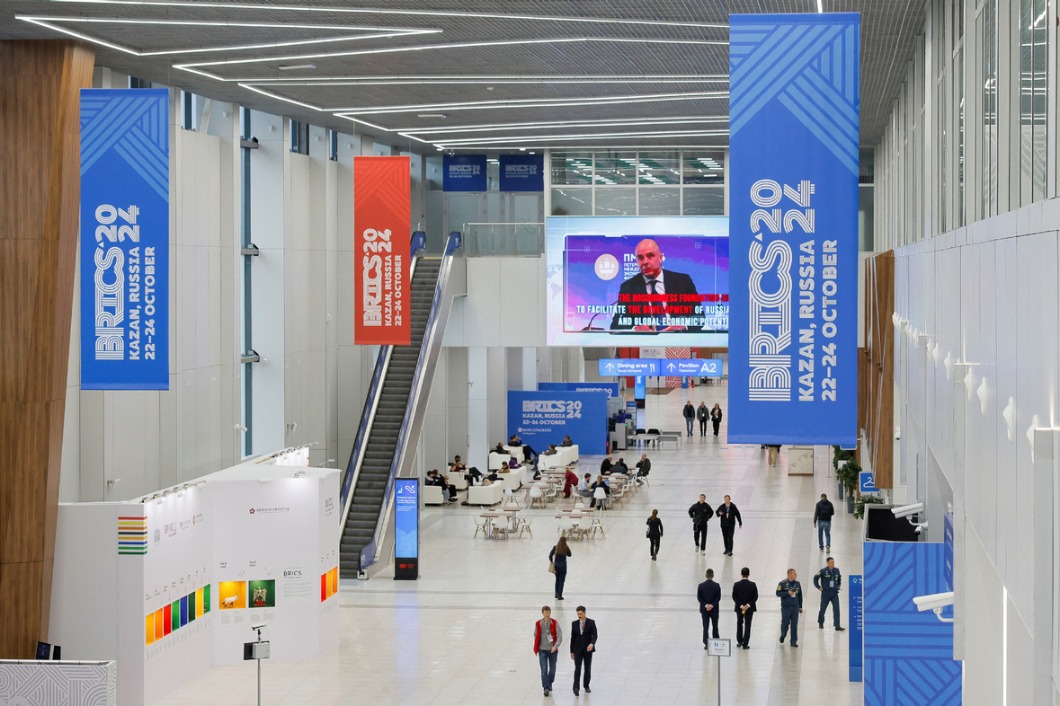Expand consumer demand to strengthen growth momentum


The authorities have launched a package of incremental policies, in which expanding domestic demand in order to boost consumption has been confirmed as a major task. China faces demographic challenges such as an aging population and fewer births, which have had an impact on both supply and demand.
The country's population is highly clustered in cities, with most families living in high-rise apartments, and urban space mostly used for commercial development. Apartments rarely have spare space for other requirements. For example, if a family wants to buy an extra car, the lack of parking space might force it to shell out more for parking. Urban spatial constraints and high rental costs limit the supply of emerging services and affect their growth due to high prices.
Due to overtime work and long commuting time, many people lack "leisure time" during working days, leading to a surge in consumer demand on weekends or holidays, straining the services in the tourism, catering, entertainment and other sectors during these times. That also results in a sharp rise in prices, affecting people's consumption experience. Excessive concentration of service consumption in a short period also affects the willingness of service providers to invest in optimizing service quality.
China needs to stabilize economic growth and asset prices through incremental policies, to boost people's expectations and consolidate the basis for consumption expansion. Whether it is stock or incremental policies, the key is to promote their trustworthy implementation and turn them into growth drivers. China's consumption is characterized as a "dual structure" landscape because of different income levels, with 400 million middle- and high-income people, mainly in large and medium-sized cities, shifting to service consumption and upgraded consumption needs, while lower- and middle-income groups still have strong demand for basic commodities. This requires the strengthening of public service guarantees and stabilizing of employment expectations.
So China should vigorously develop services in major cities and create more jobs while meeting people's demands. It should accelerate the construction of a new type of urbanization and the orderly transfer of manufacturing, and provide public service guarantee and localized manufacturing jobs for lower- and middle-income groups.
21ST CENTURY BUSINESS HERALD
































